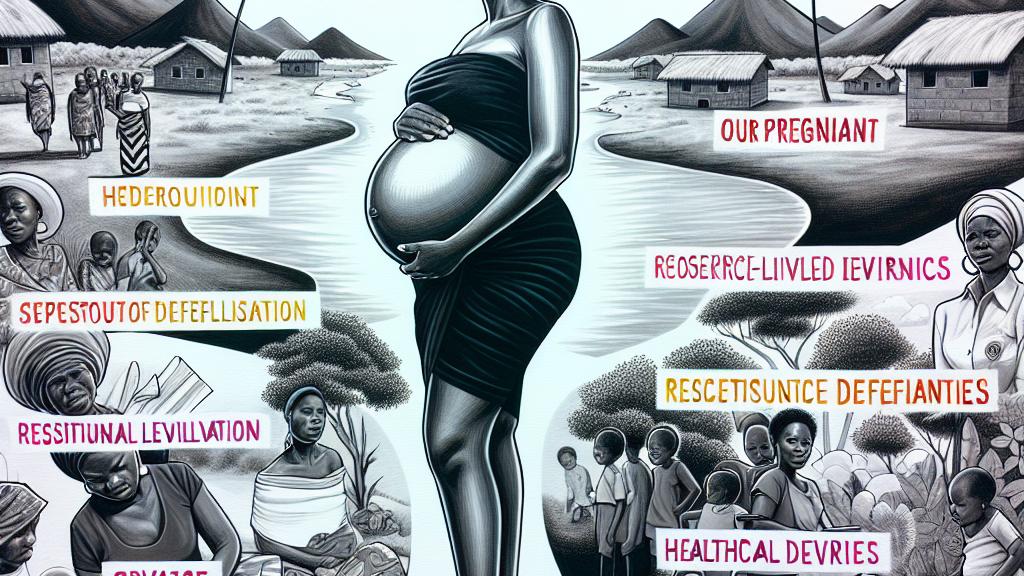Cervical Cancer Challenges in Malawi: A Survivor's Story
Overview
- Dorothy Masasa's courageous journey through cervical cancer during her pregnancy highlights severe healthcare challenges for women in Malawi.
- With recent advancements in cancer treatment, there is newfound hope for patients, ideally reducing the burdensome travel for essential therapies.
- Enhancing the focus on HPV vaccination and early screening is critical in tackling the high rates of cervical cancer across the nation.

Dorothy's Journey
In the vibrant yet resource-constrained setting of Malawi, Dorothy Masasa faced a life-altering diagnosis of cervical cancer while pregnant—an experience that shattered her world. Initially, she reported concerning symptoms like consistent abdominal pain and abnormal vaginal bleeding, which doctors mistakenly attributed to a common infection. Tragically, at just 13 weeks into her pregnancy, the true diagnosis was revealed: cervical cancer. Dorothy stood at a crossroads, forced to choose between risky local treatment or a challenging journey to Kenya for radiotherapy. Ultimately, she opted for the latter, driven by fierce maternal instinct and a desire for survival. This profound personal ordeal not only reflects her strength but also underscores the broader, systemic healthcare deficiencies confronting many women in Malawi.
Healthcare Improvements
Amidst challenges, Malawi is witnessing significant advancements in its healthcare infrastructure, particularly concerning cancer treatment. The arrival of the first-ever radiotherapy machine in March marks a pivotal turning point, heralding the beginning of accessible cancer therapy for many patients like Dorothy. This progressive step means women no longer need to endure treacherous journeys abroad for essential treatments, instilling a sense of hope and empowerment within the community. In fact, since 2022, around 77 patients have successfully traveled to Kenya for treatment, emphasizing the urgent need for local solutions. However, despite these rays of hope, considerable challenges remain—such as the need for increased funding and specialized training for healthcare providers. As investments in cancer care grow, so does the potential for creating a healthier future for all Malawians.
The Role of Prevention
Combating cervical cancer in Malawi isn't just about treatment; it demands a robust emphasis on prevention strategies. Alarmingly, only 12-14% of girls in Malawi are vaccinated against HPV, the virus responsible for the majority of cervical cancer cases. This figure starkly contrasts with nations that have successfully reduced cancer cases through higher vaccination rates. A proactive approach involves implementing comprehensive education campaigns to dismantle the stigma associated with gynecological health, inspiring more women to participate in screenings. Moreover, adequate access to early diagnosis can significantly improve survival rates, transforming cancer from a death sentence to a manageable illness. The call to action is clear: investments in vaccination and education are imperative. With a united community effort, Malawi can build a brighter, healthier future, ensuring that stories like Dorothy’s lead to triumph rather than tragedy.

Loading...